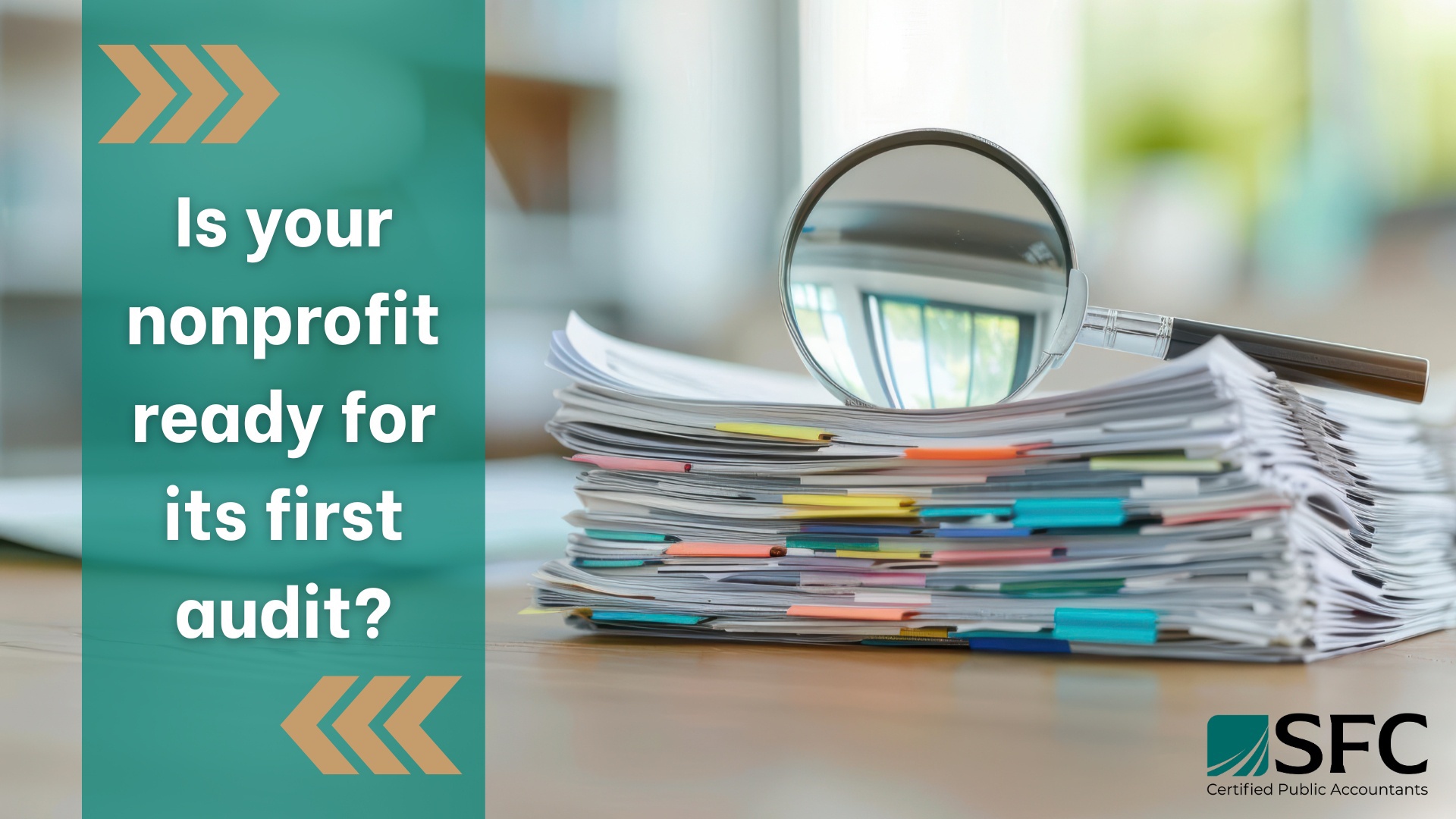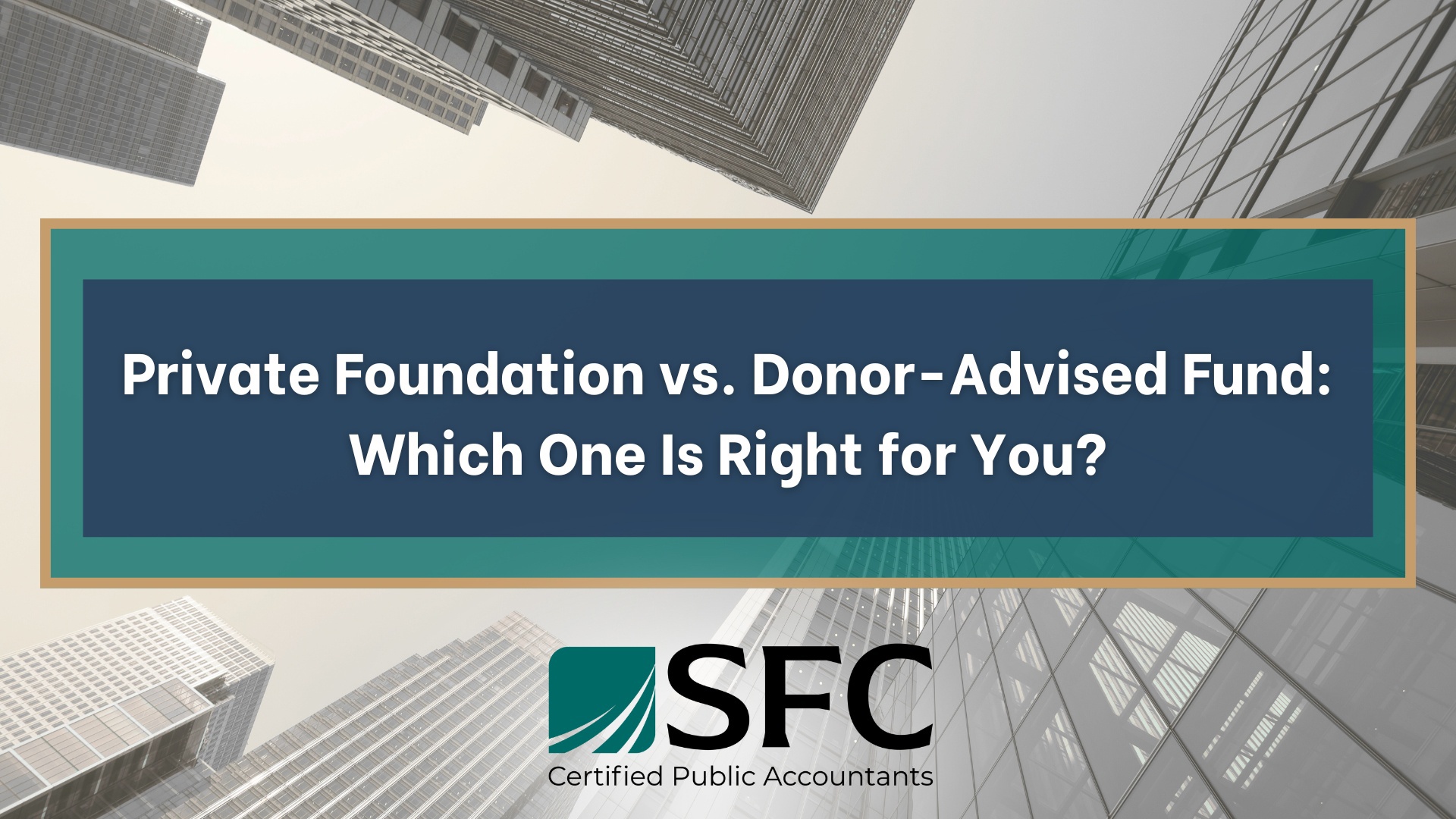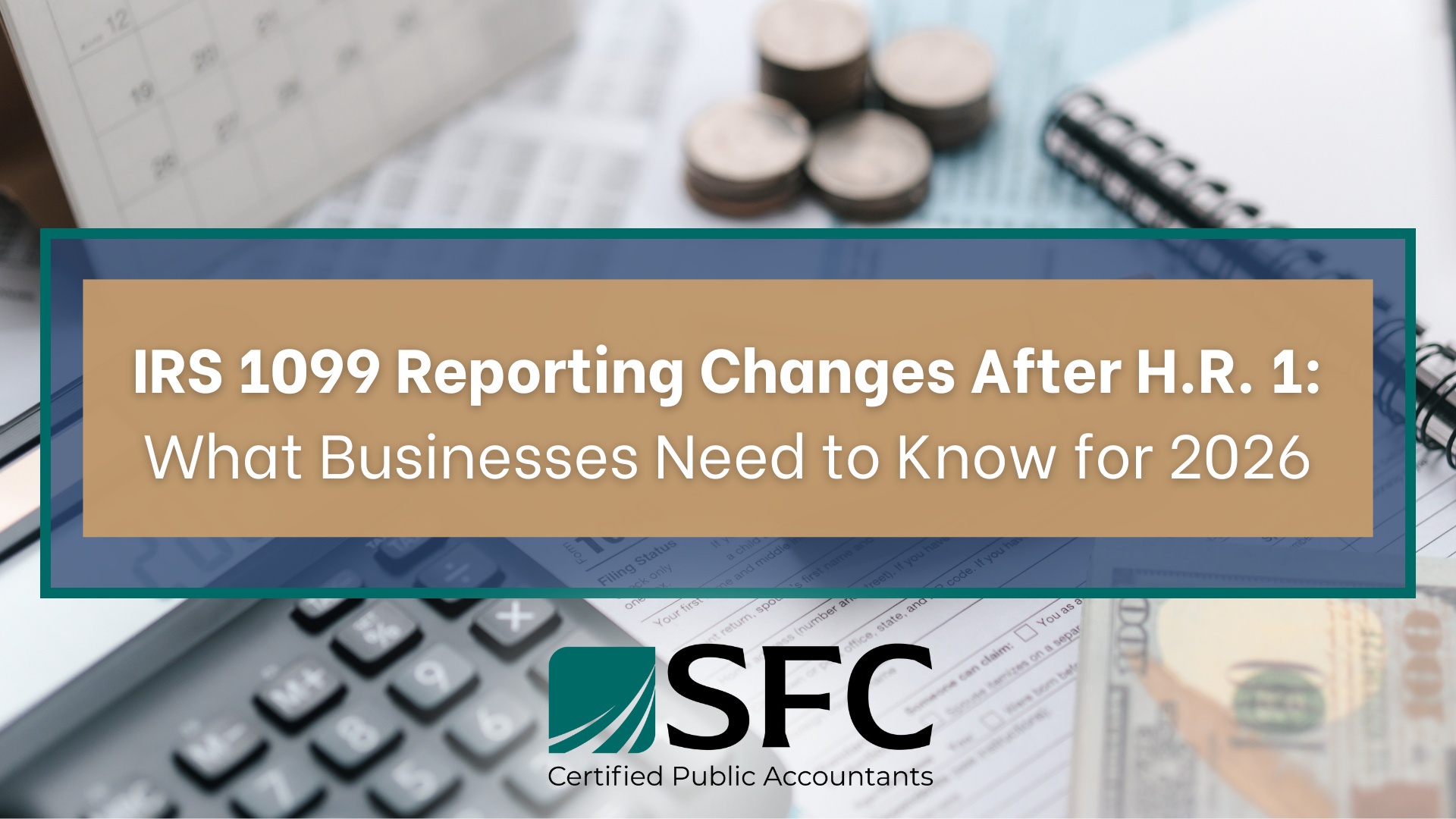
We often receive calls from nonprofit organizations preparing for their first financial statement audit—and the motivations vary:
- “We just hit $500,000 in revenue.”
- “Our board thinks it’s a best practice.”
- “We’re applying for bigger grants.”
- Or sometimes: “We’ve had a fraud incident and need help understanding what happened.”
All understandable reasons, but let’s clear up a common misconception from the start:
The primary purpose of a financial statement audit is not to detect fraud.
Yes, auditors occasionally identify fraud, but most organizations already have internal safeguards that catch irregularities before the audit even begins.
What Is the Purpose of an Audit?
At its core, a financial statement audit provides independent assurance that your financial reports are materially accurate and comply with Generally Accepted Accounting Principles (GAAP). Auditors also evaluate internal controls and highlight areas where your organization can strengthen financial processes and reduce risk. Whether your audit is legally required or simply best practice, it can serve as a powerful tool to support your organization’s mission and long-term stability.
Here are 5 Reasons Your Nonprofit Might Need an Audit:
1. Build Trust and Credibility
Transparency and accountability are essential in the nonprofit sector. An audit shows donors, funders, and other key stakeholders that your organization manages resources responsibly. It builds trust and reinforces your reputation as a mission-driven, well-run organization.
2. Meet Legal or Funding Requirements
Some states require audits once a nonprofit’s annual revenue exceeds a certain threshold. Additionally, government agencies and certain foundations often require audited financial statements. Having an audit on hand ensures your organization is grant-ready and helps to ensure compliance with relevant laws and regulations.
3. Strengthen Internal Controls
Auditors go beyond verifying numbers—they review your financial statement internal control systems. A financial audit can reveal weaknesses in internal controls, helping you tighten oversight, improve reporting, and help to prevent errors or fraud. It’s not just about fixing problems—it’s about building a stronger system.
4. Unlock New Funding Opportunities
Many funders require an audit as a condition for funding. A clean audit report gives you a competitive edge when applying for grants, loans, or major gifts. It signals financial responsibility, maturity, and operational readiness—qualities every funder looks for.
5. Enhance Organizational Transparency
Nonprofits are accountable to a wide range of stakeholders, including donors, volunteers, staff, and the communities they serve. An independent audit helps demonstrate how your funds are being managed and how effectively your organization fulfills its mission. This level of transparency fosters trust and supports long-term growth.
In Conclusion
A financial statement audit is more than a compliance requirement—it’s a strategic investment in your organization’s success. Whether you're scaling operations, pursuing major grants, or striving for best practices, a well-executed audit can be a powerful tool for progress.
Need Help Deciding If Your Nonprofit Needs an Audit?
We’re here to help. Contact us today to learn more about audit requirements, timelines, and how an experienced audit team can support your mission.
View More
- All 7
- Board of Directors 1
- Community Impact 1
- Endowments & Investments 1
- Financial Transparency 2
- Grant Compliance 1
- Internal Controls 1
- Nonprofit 4
- Nonprofit Audit 2
- Nonprofit Best Practices 2
- Nonprofit Financials 2
- Nonprofit Leadership 1
- Philanthropy & Charitable Giving 1
- Social Impact 1
- Strategic Planning 1
- Sustainability 1
- Tax 1
- Tax Compliance 1


